The idea of dialogue and storytelling in journalism has often taken a step back in the face of more centrist and national media conglomerates that largely control the narrative and focus of the content, including the entrance of regular individuals from different regions in the industry.
Journalism today essentially follows a one-way transmission of information. By taking the role of the storyteller, journalists claim a position of authority and possession over the story. It’s their story to tell, and they decide how it will be written and told. But there needs to be more stories, thoughts and expressed by the original owners of the content, and more freedom and access should be given to them to help bring awareness to other issues in society that would not have been well articulated by a journalist living in central Cairo.
‘Bashkatib‘ is an initiative that attempts to change this traditional method of producing content from one voice and one center, opening the doors to other people in socially, economically and geographically marginalized areas in Egypt to produce their own content and express their own creativity and thoughts.
“From my point of view, the Egyptian media is passing through one of the most important challenges in its entire history, which is that it does not play a sufficient role in focusing and expressing the concerns of other marginalized areas in Egypt. The lack of existing local media deprives many communities from having their own voice in the industry,” Ahmed Elhawary, founder of Bashkatib, tells Egyptian Streets.
Elhawary did not initially dream to be part of this media industry. As a young student, he worked to become an engineer like most young Egyptians also hope to become, but this dream fell short once he discovered that his high school grades did not meet the requirements of the engineering faculty.
“I didn’t know what I was good at or what my talents were,” Elhawary said, expressing a problem that the youth in Egypt commonly face until today, “in the midst of this feeling of loss and confusion, my friend told me that he noticed that I was the biggest reader and writer in the group, and that I should consider going into media.”
“So I did eventually apply to the faculty of arts and got into the mass media department, and ended up working as a journalist instead, which is honestly one of the best things that ever happened to me.”
Though he found his interest and passion in journalism, Elhawary acknowledged that many people his age most probably do not go through a similar scenario or are lucky enough to have a friend to point them towards the field they fit into.
“I asked myself, what would the other people do if they were in my position and didn’t have that same friend? And so the idea came to me in 2012, when I decided to conduct a 3 month workshop at Artellewa art space in Giza with a group of young people who lived in the area between the ages of 12 and 18 years old,” Elhawary adds.
“The workshop consisted of training on journalistic writing, photography, caricature, creative writing and print design, and the end result was a photography and print exhibition called ‘Ahl ElLewa’ or People of ElLewa, which saw young girls and boys using photojournalism and writing to express the issues and concerns of their own communities from their points of view, with an online website of the same name.”
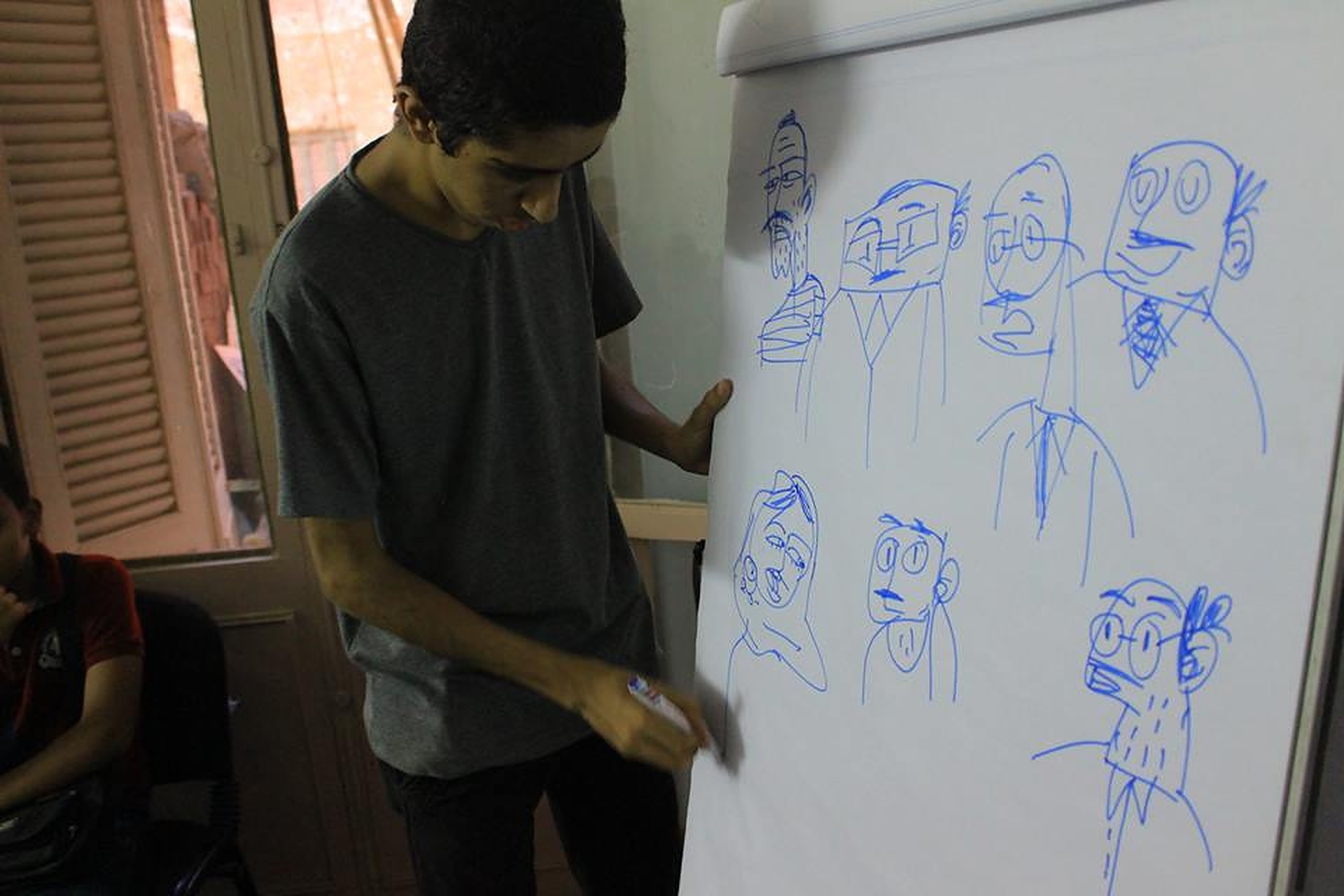
After the success of the exhibition and website, Elhawary decided to expand the idea further and apply it in more than one area in Egypt, and this is initially where ‘Bashkatib’ was born.
“Once we select the area that we will work in, we find a local partner to help us advertise the project and encourage the youth to apply, and then we begin the same procedure of workshops. Following that, the youth launch their own website and print their own local newspapers to publish their very own content, and we celebrate it by holding a photography exhibition to see how they view their community.”
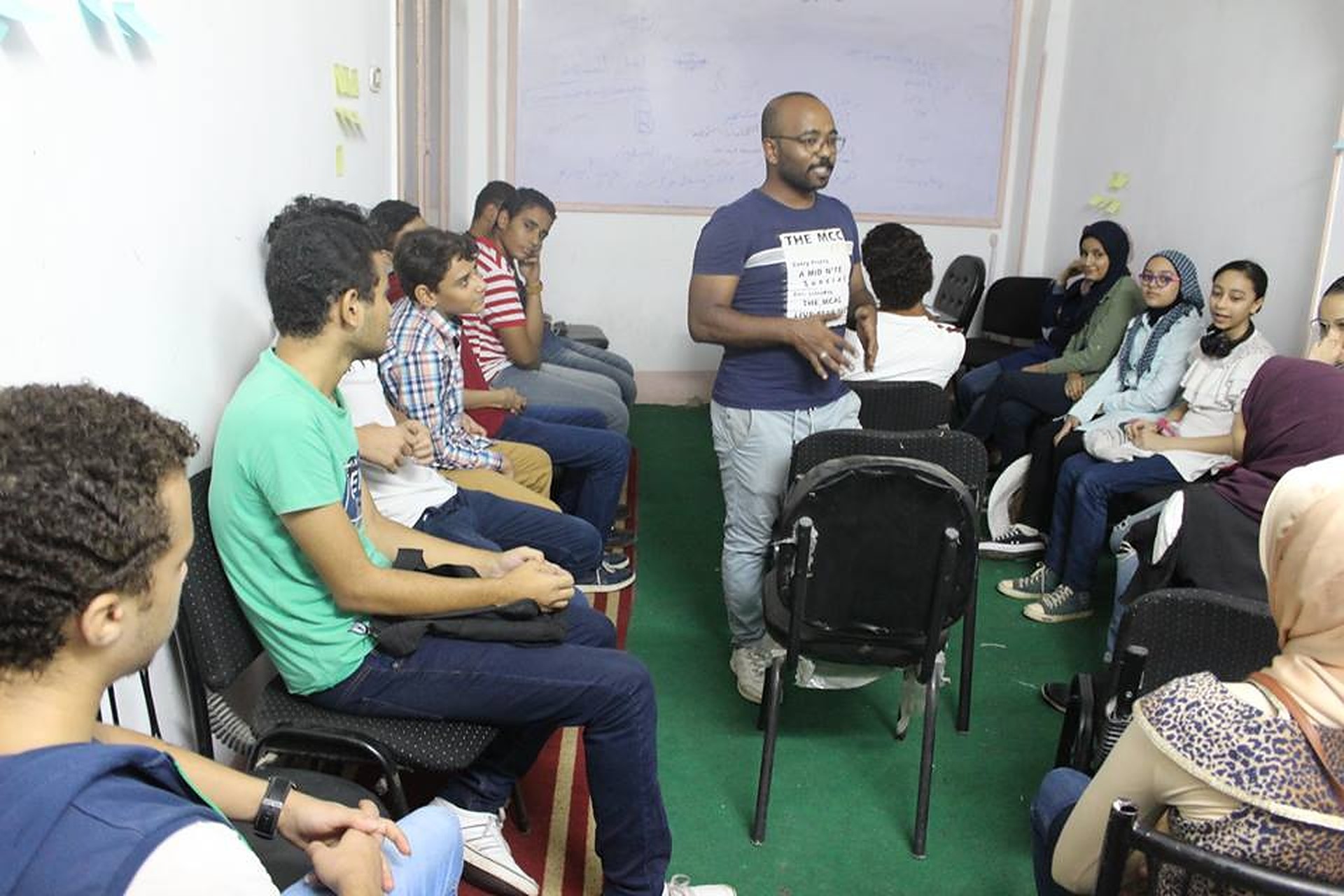
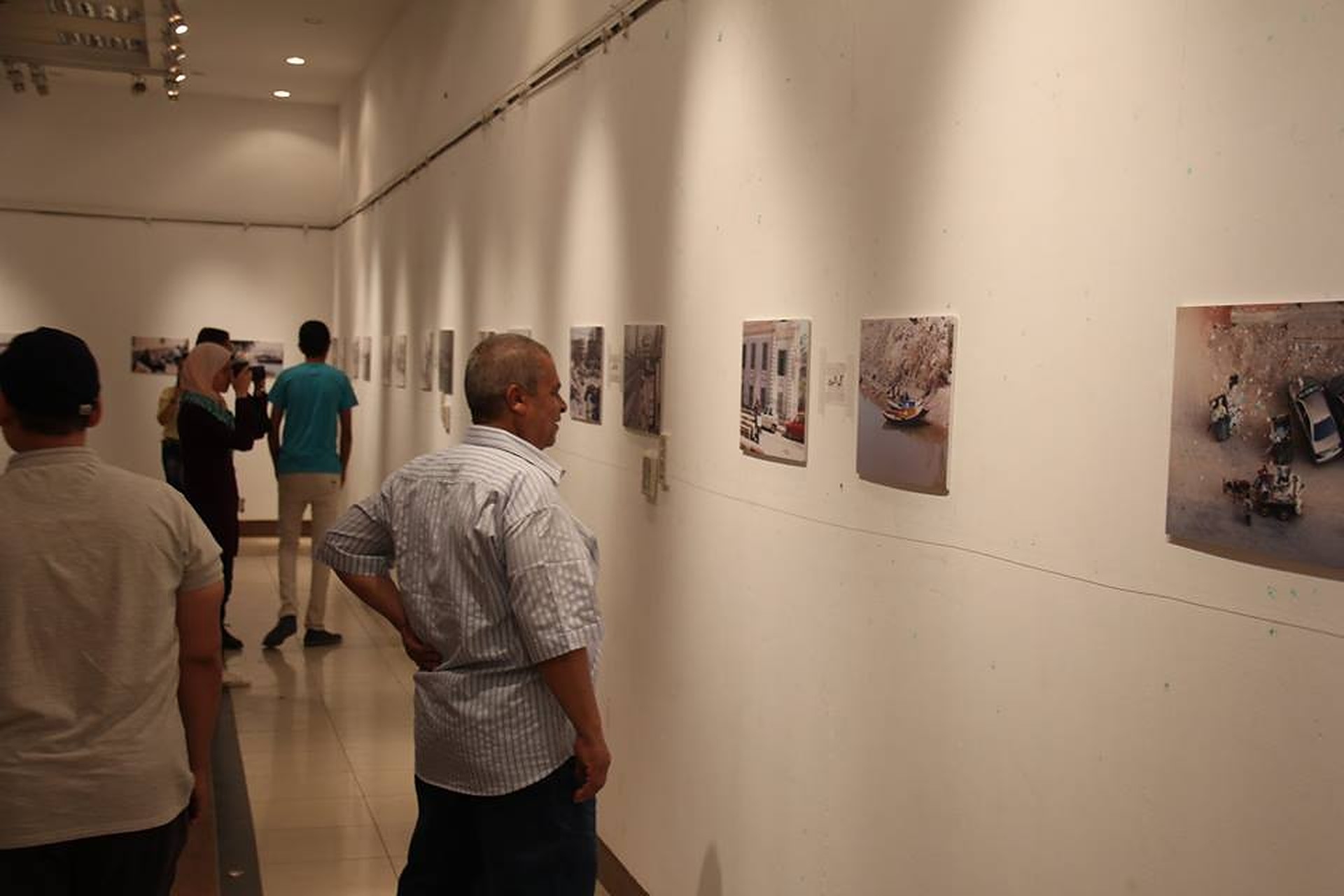
“Everything in the creative process is decided by them, from the name of the website to the topics that they want to discuss, and after a year, we offer the next stage of workshops that stresses on much advanced levels of writing, photography as well as management and marketing,” Elhawary notes.
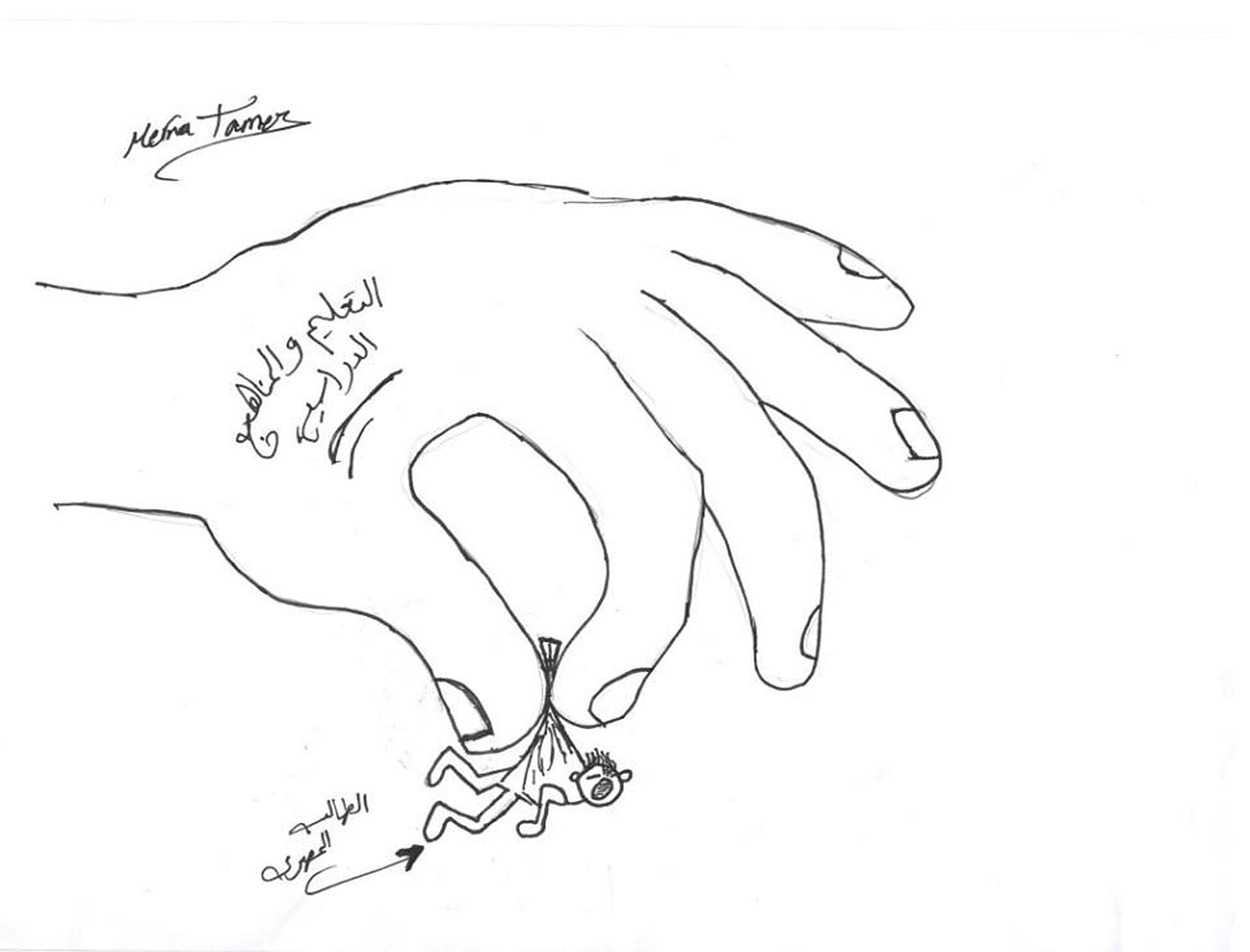
Reading the articles on Bashkatib is most definitely refreshing, as in contrast to the political and social issues discussed from a more national point of view in widely read state-owned newspapers, the content is much more closer and intimate, such as the caricature on high school grades and articles that point out the problems in the education system from a young person’s point of view and experience.
It is more than just a local newspaper or website, however, as I see it as something incredibly vital in planting the roots of a more inclusive and democratic society – changing the rules of the media and creative industry overall. With social media already transforming the way people express their views and opinions, it will be much more difficult to direct the minds of an entire population in one direction, necessitating the need to engage in dialogue, debates and compromise the different views that exist in society as a whole.

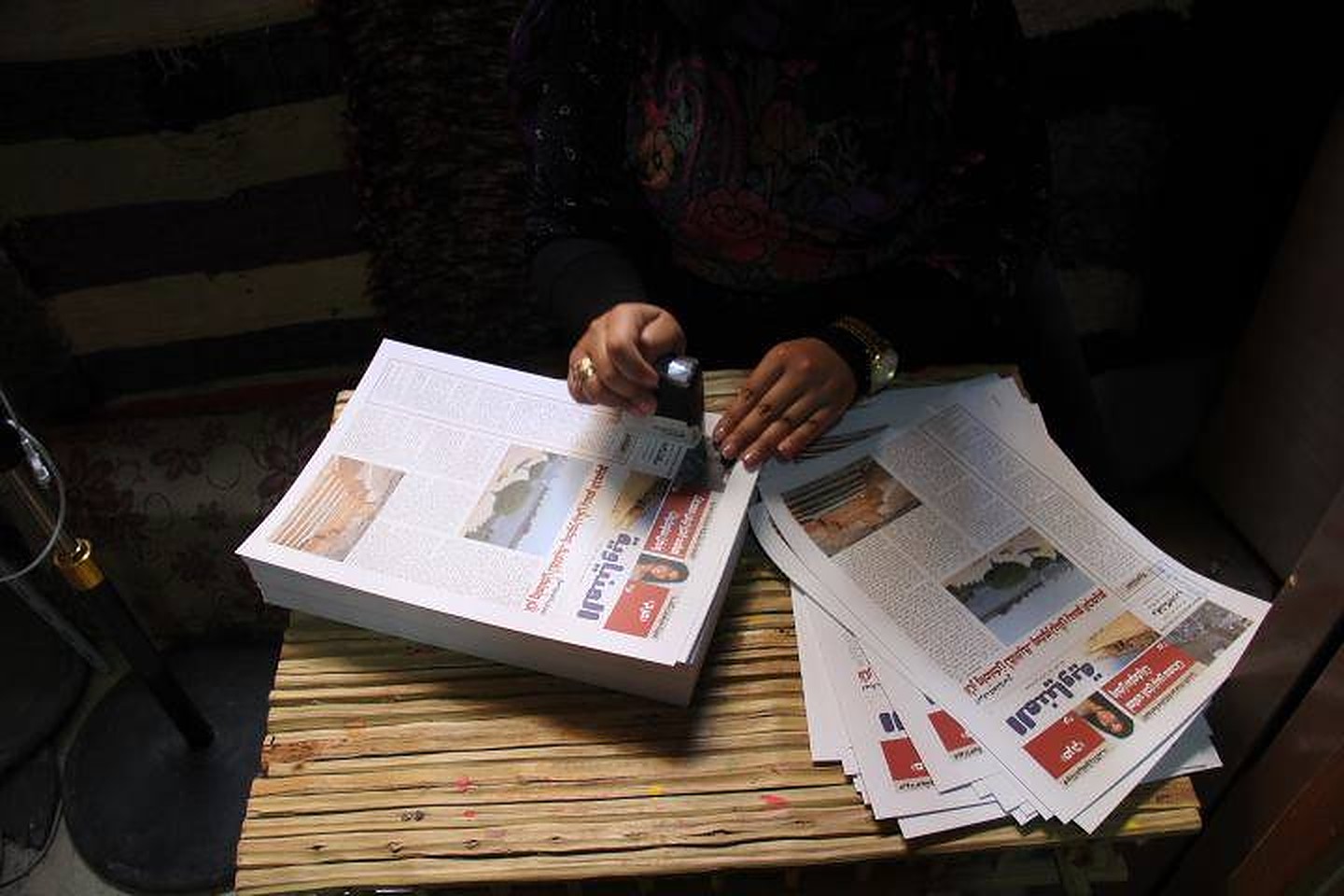


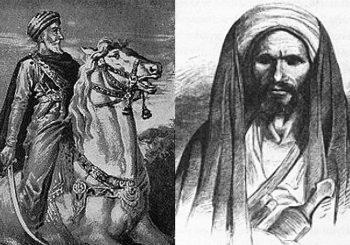
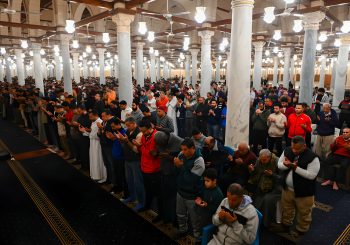
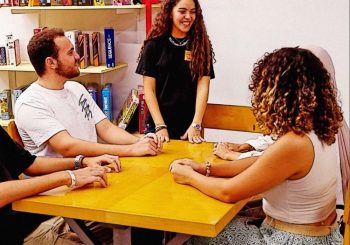
Comments (0)